About UNE
Mission Statement
The University of New Europe (UNE) is an academic solidarity network managed by a cross-European team of scholars who share a long-term vision of establishing a new academic institution which will offer research, teaching, and dialogue on European politics, culture, society, and climate from a global perspective. Our shorter-term activities aim to:
- Promote democracy and civic education across Europe.
- Create sustainable support networks for as well as partnerships with students and scholars at risk, and build critical knowledge about the impact of Russia’s war in Ukraine, with the long-term vision of a new university in mind.
- Transform the way Europeans understand their continent through interventions in higher education, together with our international partners.
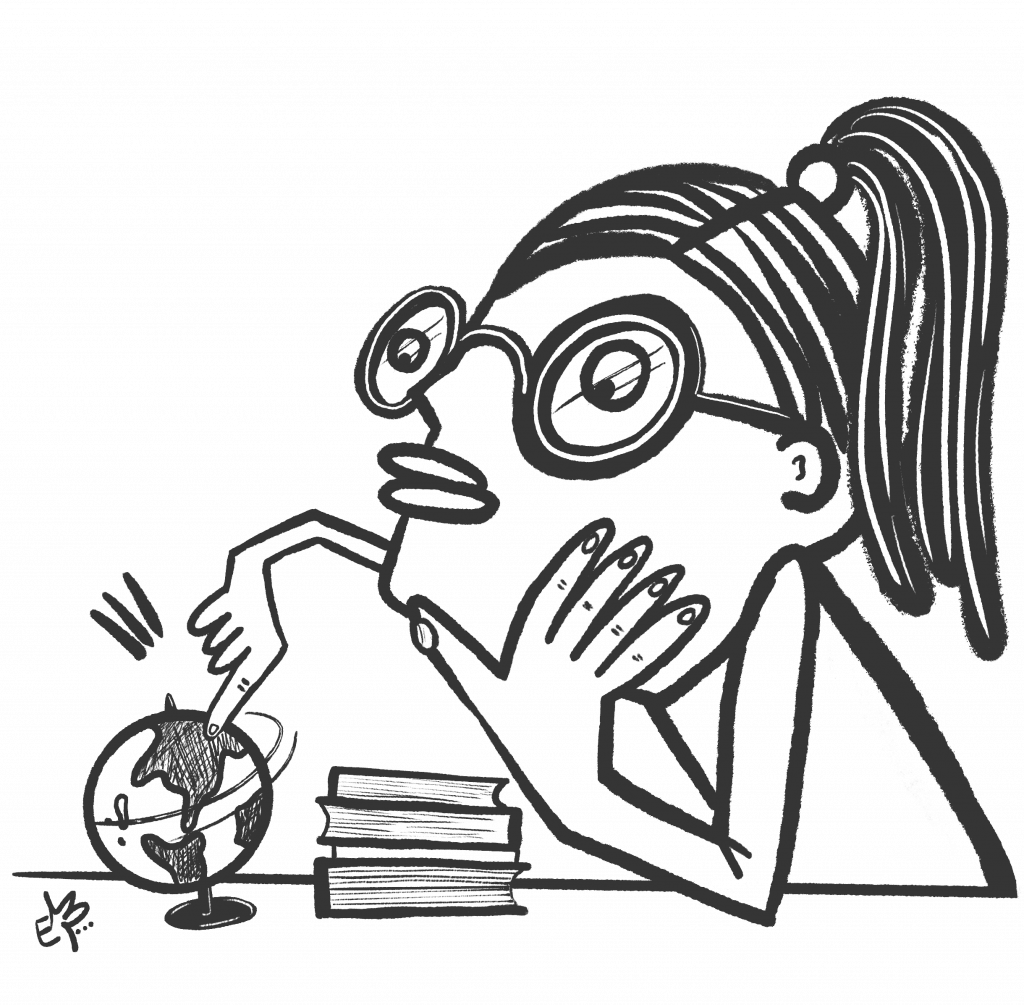
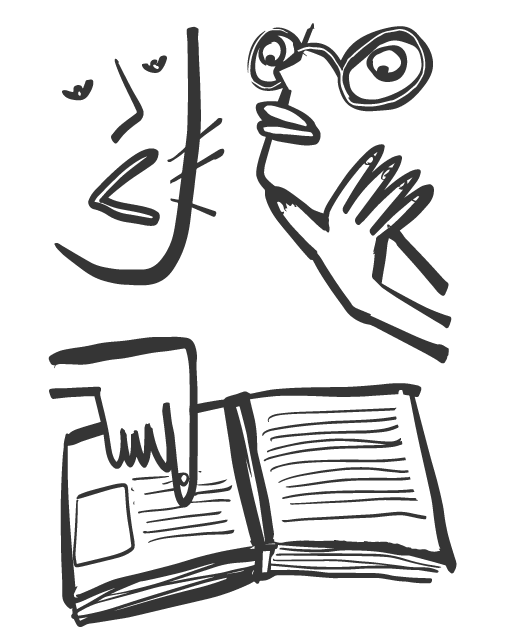
About UNE
Vision & Aims
UNE seeks to produce knowledge, forecast risks, and create networks and partnerships with scholars at risk, with the long-term vision of establishing a new European university, at a time when Europe faces multiple political, societal, and ecological challenges.
In cooperation with our international (academic, (N)GO, political, and media) partners, we:
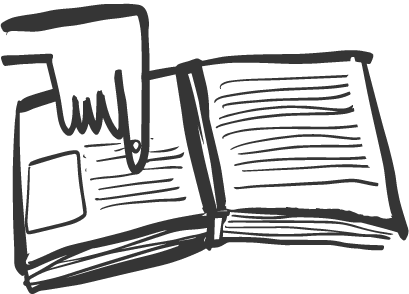
Curate an academic book series entitled New Europes.
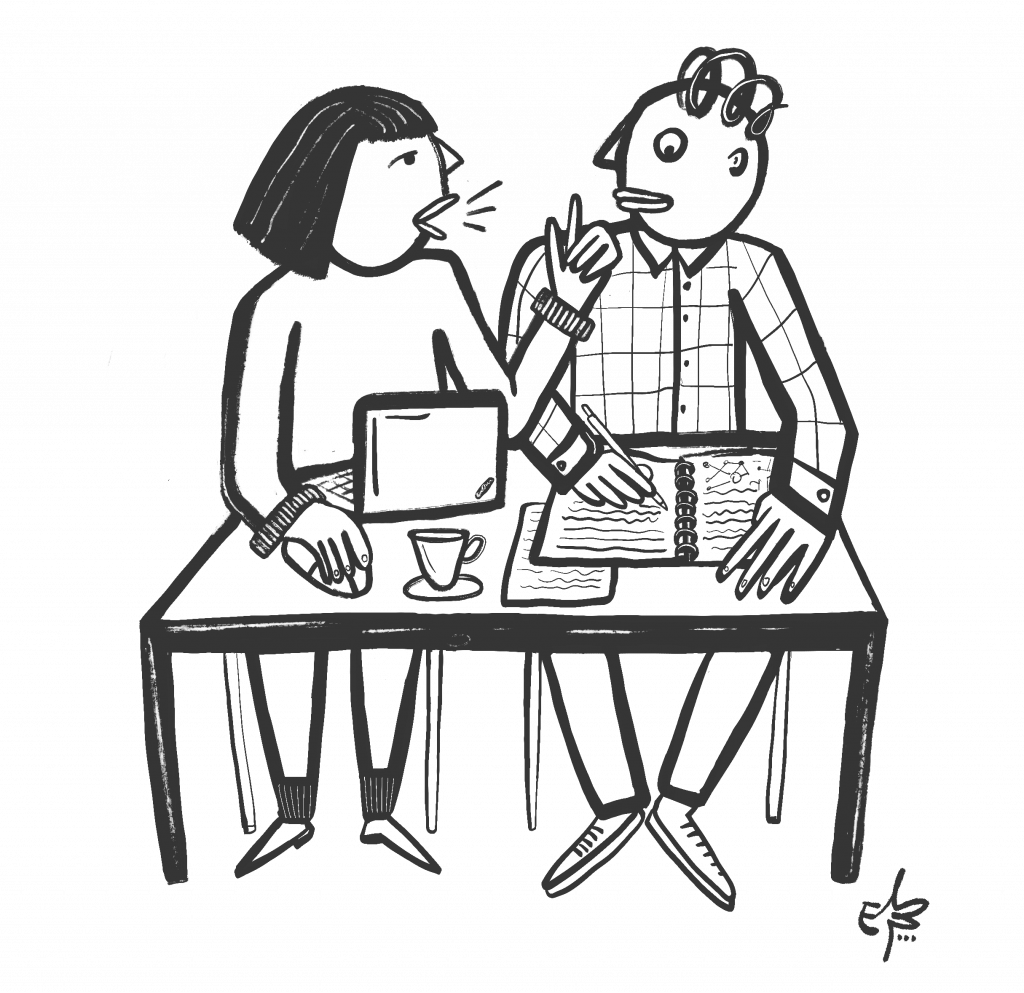
Organize several lecture series.
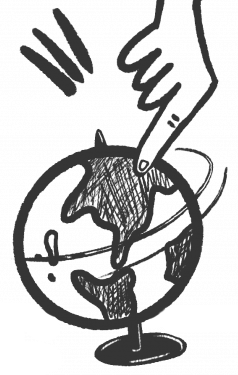
Host winter and summer schools.
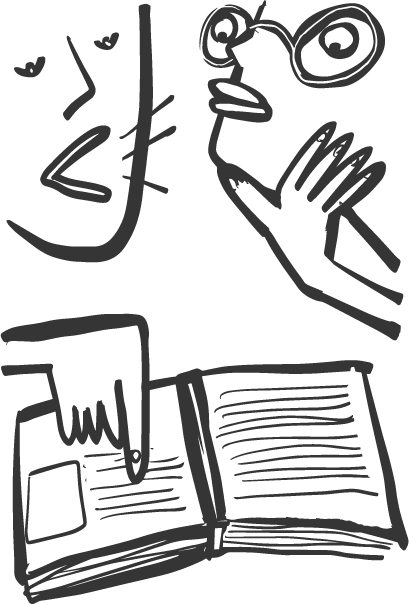
Offer a mentoring programme and resource database for academics and cultural workers at risk.
Our projects help us to accomplish our larger mission of creating a new academic institution which will offer research, teaching, and dialogue on BA, MA, and graduate levels, devoted to European politics, culture, society, and climate. In this institution, UNE seeks to allocate a fixed number of positions to students and staff from those parts of the continent where intellectual capital and intellectual freedom are at risk. By also allocating at-risk positions to students and staff from conflict zones outside Europe, we aim to create an inclusive, globally oriented space for knowledge and debate. We engage in the list of more short-term (and, in part, emergency) initiatives above with this longer-term vision of a new institution in mind.
About UNE
The Team
The UNE initiatives are coordinated by the following people. In addition, we work with assistants and volunteer teams who conduct important work for the UNE mentoring programme and the UNE Summer School.
Click on a name to learn more about that particular team member. Once clicked on a member you can also check out their vlog on why they want to contribute to UNE, by clicking on the YouTube icon (when present).

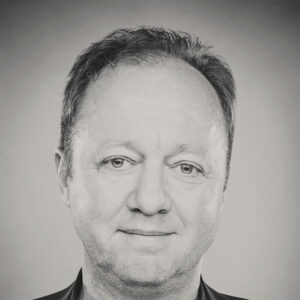
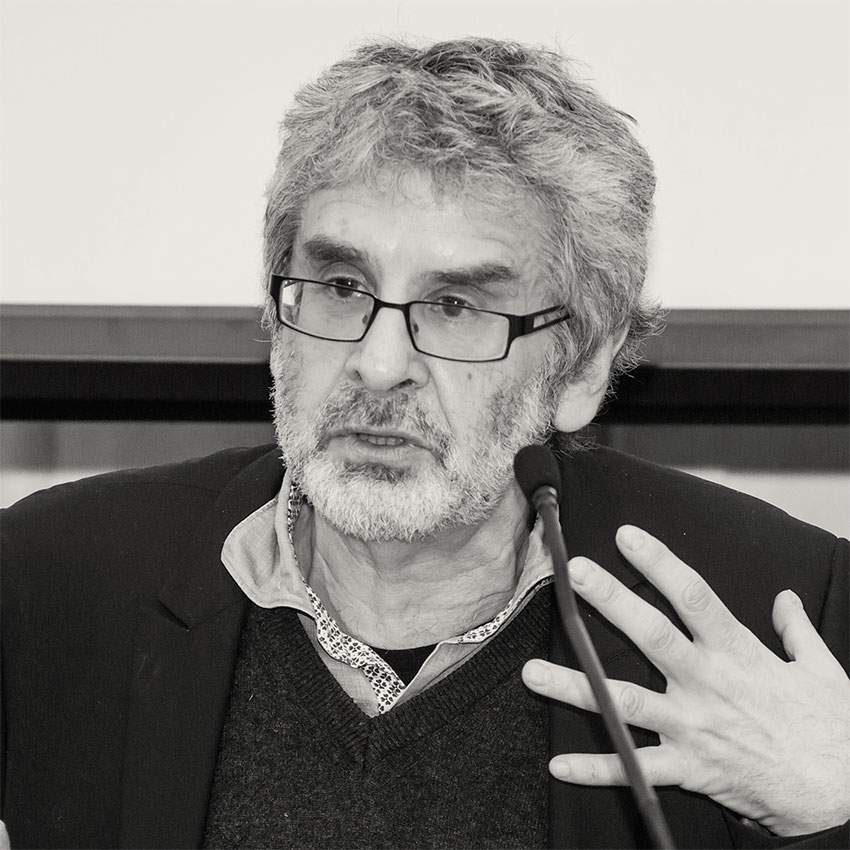
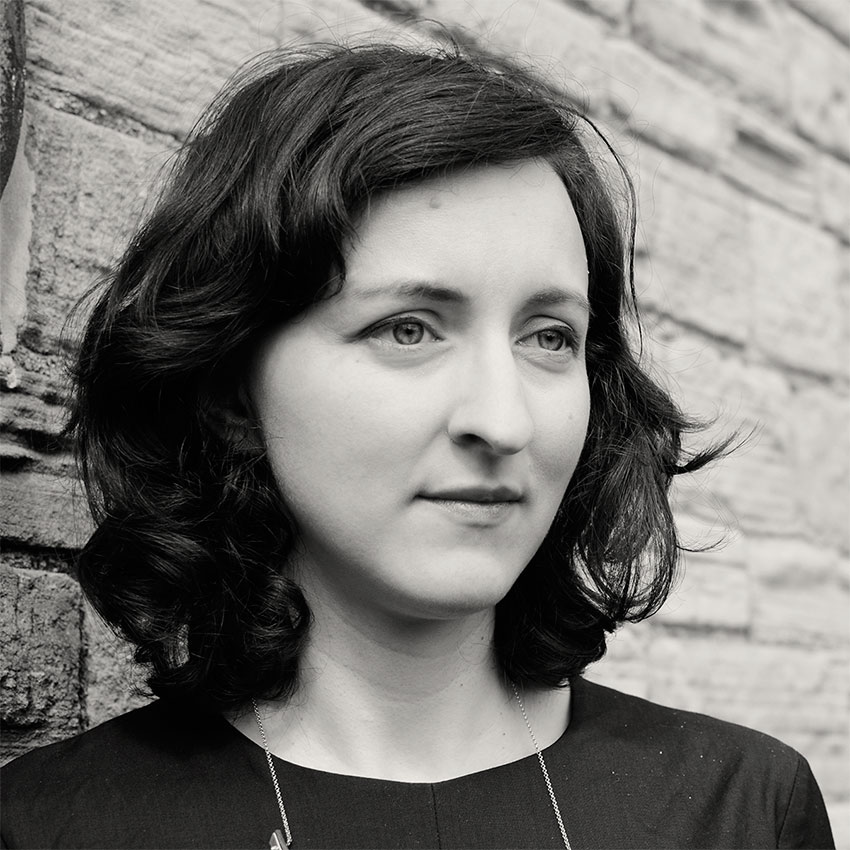
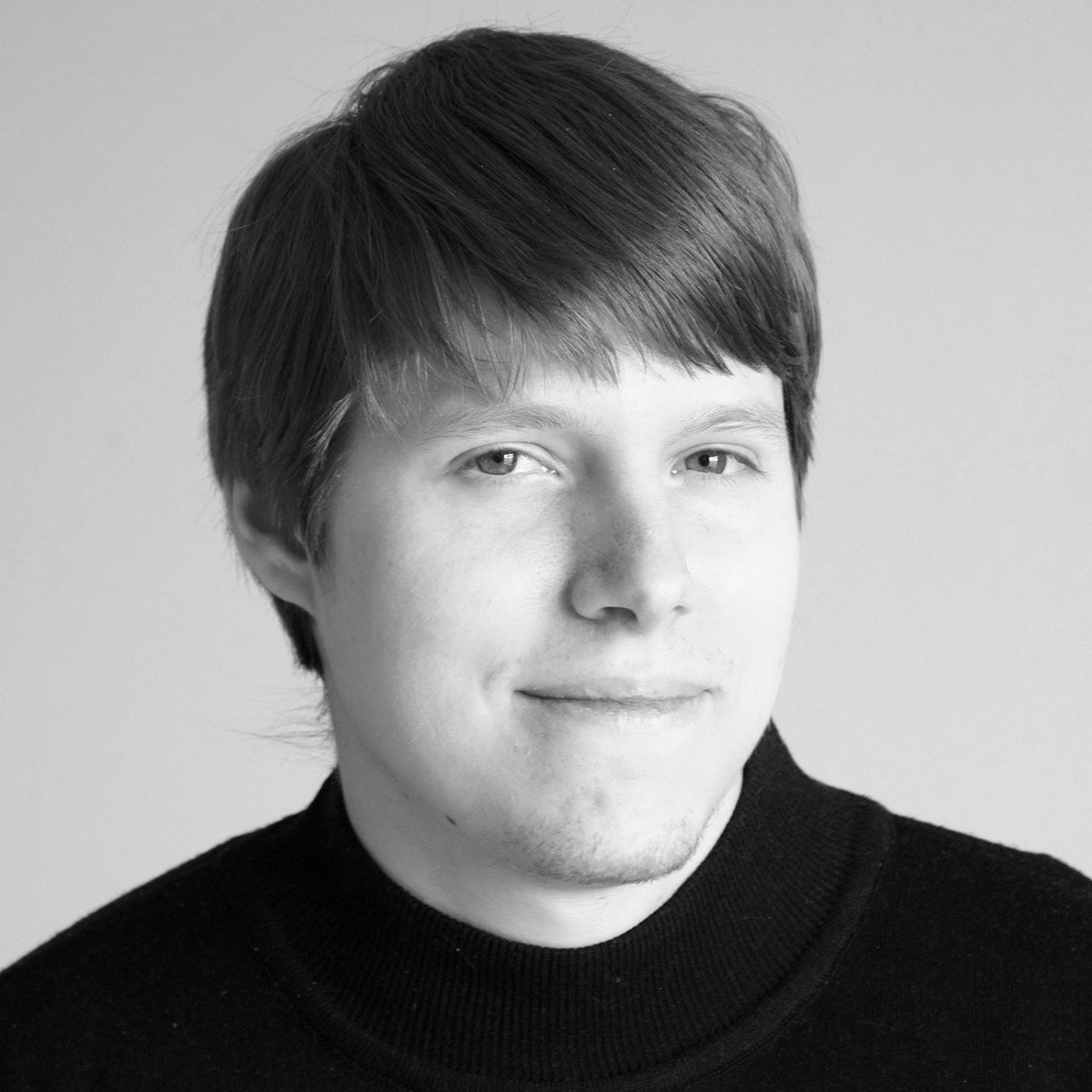
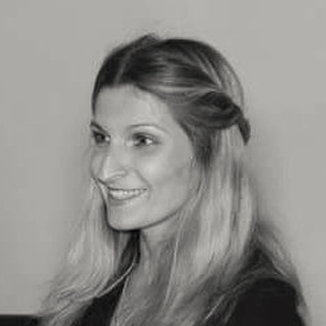
Jan Claas Behrends
is Senior Researcher at the Leibniz Centre for Contemporary History (ZZF) → in Potsdam and a Professor of History at European University Viadrina in Frankfurt on Oder. He coördinates the international network “legacies of communism” at ZZF. His research interests include the modern history of Russia, Poland and Ukraine, Stalinism and modern dictatorships, war and violence as well as the post-Soviet era. He has widely published on these subjects in several languages.
Alexander Etkind
is Professor of History at the European University Institute → at Florence. He previously taught at the University of Cambridge, the Aleksanteri Institute in Helsinki, and the European University in St. Petersburg.
Among other publications, he is the author of Eros of the Impossible. The History of Psychoanalysis in Russia (Westview Press 1996), Internal Colonization: Russia’s Imperial Experience (Polity Press 2011), and Warped Mourning: Stories of the Undead in the Land of the Unburied (Stanford University Press 2013). He also co-authored Remembering Katyn (Polity 2012), co-edited Memory and Theory in Eastern Europe (Palgrave 2013), and Cultural Forms of Protest in Russia (Routledge 2017). His most recent book, A Natural History of Evil: Global Resources from the Russian Perspective, has just been published in Russia in 2020.
Dina Gusejnova
is Associate Professor of Modern European History at the Department of International History, London School of Economics →. She has previously been Senior Lecturer in Modern History at Sheffield University and has taught at Queen Mary University of London, UCL, and at the University of Chicago.
She is the author of European Elites and Ideas of Empire, 1917-57 (Cambridge University Press 2016), and the editor of Cosmopolitanism in Conflict: Imperial Encounters from the Seven Years’ War to the Cold War (Palgrave 2018). Her current research concentrates on the longer-term impact of the internment of scholars from continental Europe in Britain during the Second World War. At LSE, she is also a member of the Ukraine Hub UK Academic Taskforce.
Mykola Makhortykh
is an Alfred Landecker lecturer and a principal investigator for the project “Algorithmic turn in Holocaust memory transmission: Challenges, opportunities, threats”.
In his research, Mykola examines politics- and history-centred information behaviour in online environments and how it is affected by the information retrieval systems, such as search engines and recommender systems. To achieve this goal, he combines traditional social science methods (e.g., content analysis and focus groups) with novel computational approaches (e.g., deep learning and agent-based testing). His other research interests include artificial intelligence, trauma and memory studies, in particular digital Holocaust remembrance, armed conflict reporting, cybersecurity and critical security studies, and bias in information retrieval systems.
Svitlana Telukha
is Associate Professor at the Department of Ukrainian Studies, Cultural Studies and History of the National Technical University “Kharkiv Politechnic Institute” and the Philip Schwartz Fellowship in Leibniz-Institut für Geschichte und Kultur des östlichen Europa (GWZO.
Her research interests include social history, trauma studies, everyday life history and gender studies. Her scientific method of research is related to oral history. She is a participant in many oral history projects, including “Prisoners of Neuengamme”, “Unspoken”, “Don’t forget! Kharkiv”, “Voices”, “Chernobyl Historical Workshop”, “Right to Life” and “War Childhood museum”. She has interviewed over 200 witnesses and participants of World War II and Holocaust survivors in Ukraine. Her publications cover the topics of culture of remembrance, traumatic memories, and the politics of memory.
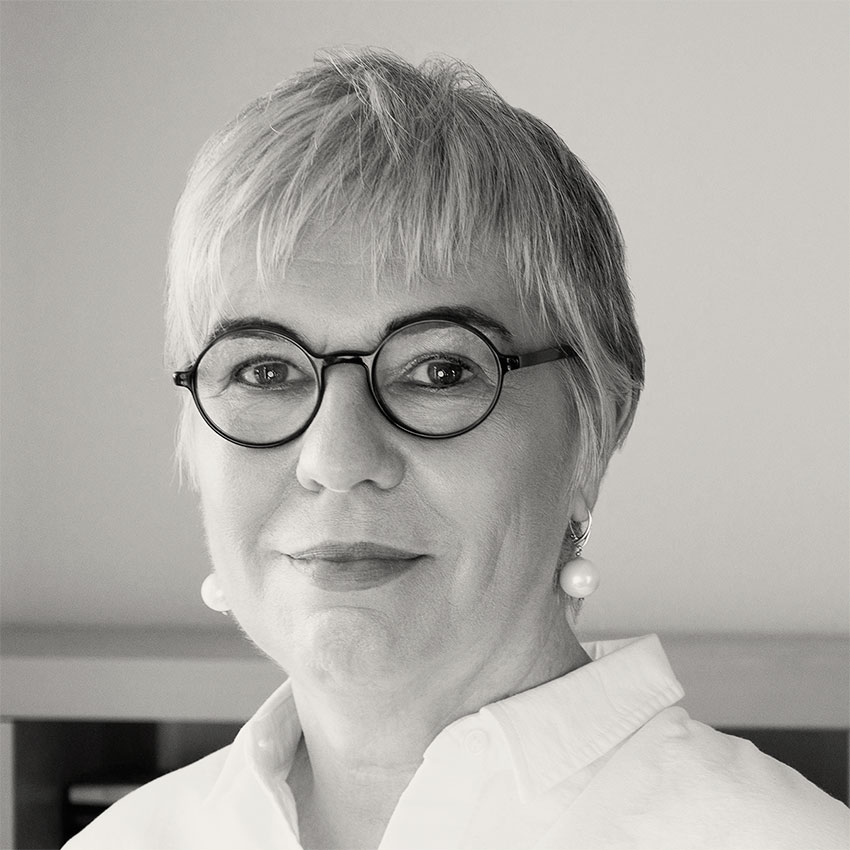
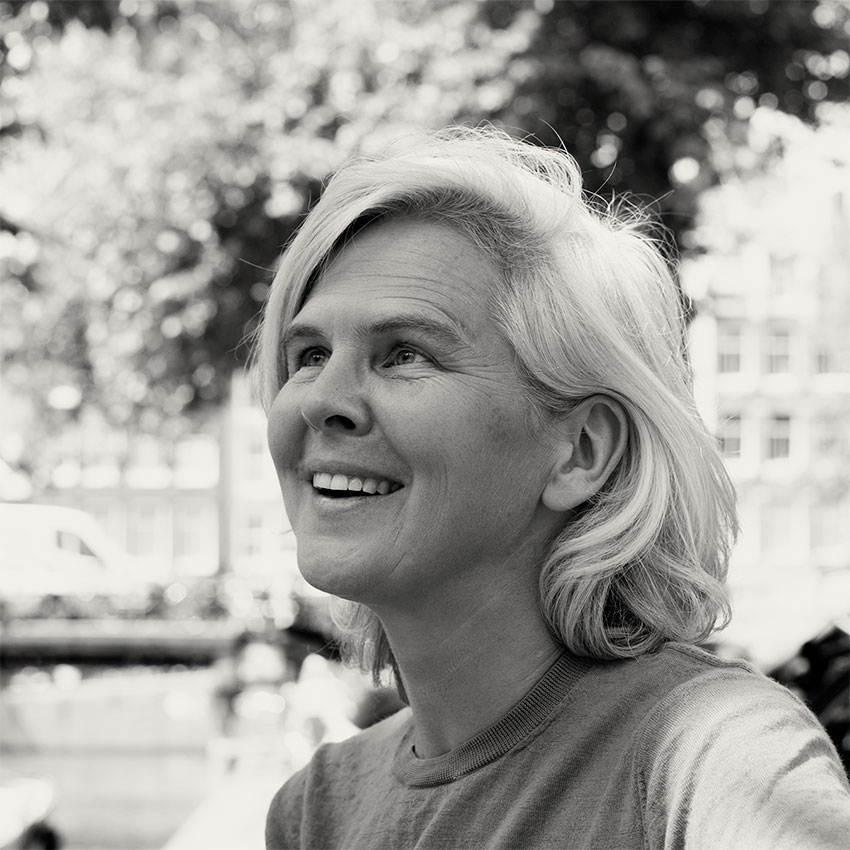
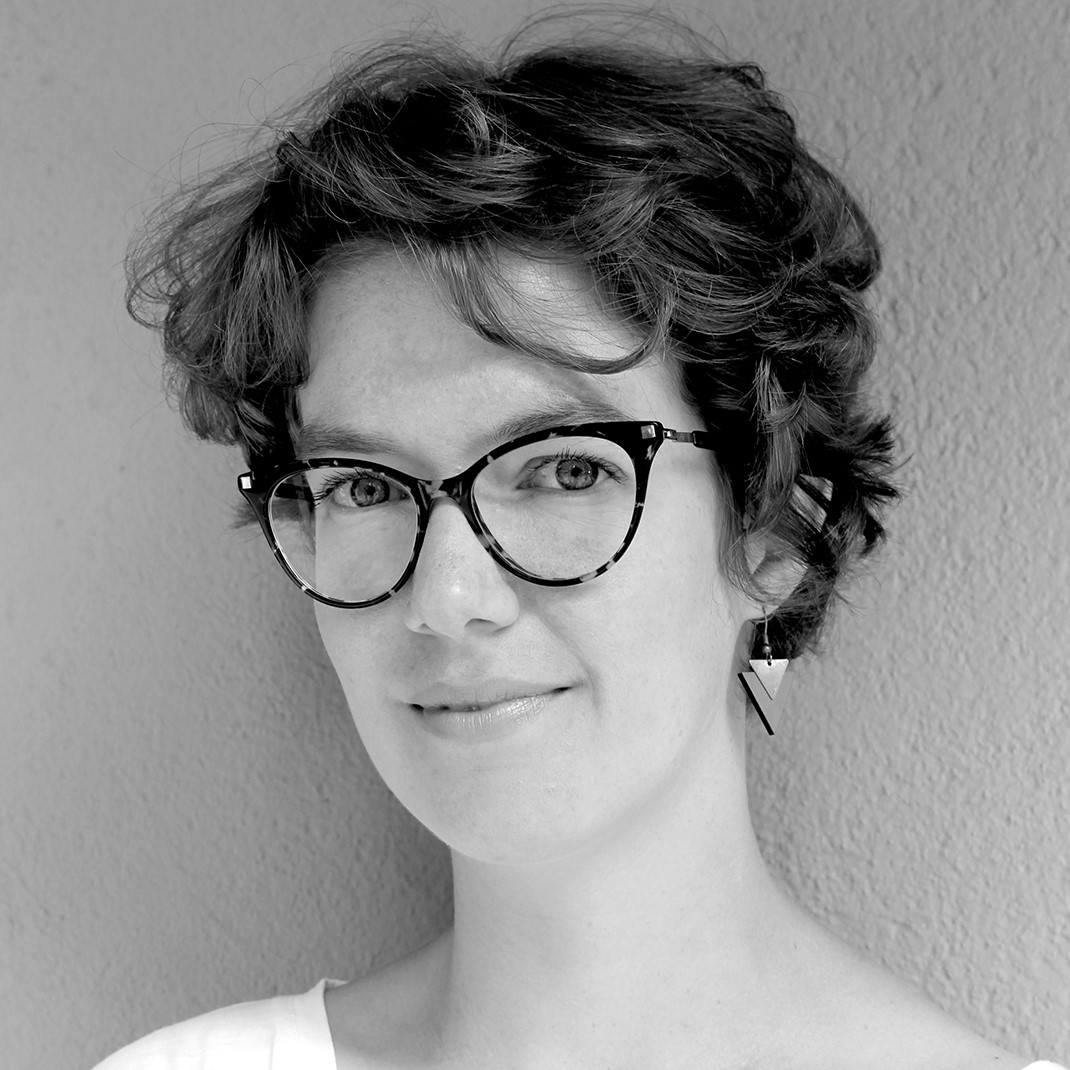
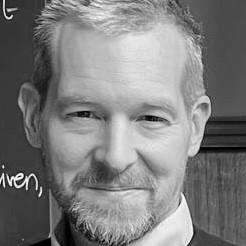
Andrea Petö
is a historian and Professor at the Department of Gender Studies at Central European University →, Vienna, a Research Affiliate of the CEU Democracy Institute, Budapest, and a Doctor of Science of the Hungarian Academy of Sciences.
Her works on gender, politics, Holocaust, and war have been translated into 23 languages. In 2018 she was awarded the All European Academies (ALLEA) Madame de Staël Prize for Cultural Values. She is Doctor Honoris Causa of Södertörn University, Stockholm. Recent publications include: The Women of the Arrow Cross Party. Invisible Hungarian Perpetrators in the Second World War (Palgrave, Macmillan 2020), and Forgotten Massacre: Budapest 1944 (DeGruyter 2021). She writes op-ed pieces for many (inter-)national media.
Ellen Rutten
is Professor of Literature, chair of the Modern Languages department at the University of Amsterdam →, and editor-in-chief of the journal Russian Literature.
Her research interests include Russian and global contemporary literature, art, and media. Among other publications, she is author of Sincerity after Communism (Yale University Press 2017; translated into Russian as Iskrennost’ posle kommunizma in 2022 by Neprikosnovennyi zapas), and Unattainable Bride Russia (Northwestern University Press 2010). She is co-editor of Memory, Media and Conflict (Routledge 2014), Poetins rechtbank: proteststemmen uit een autoritaire staat (Nieuw Amsterdam 2018), and Imperfections (Bloomsbury 2021).
Dorine Schellens
is Assistant Professor at Leiden University → with a focus on contemporary German and Russian literature and culture.
Her research concentrates on the intersections between Russian and German cultural history of the late 20th and 21st century, protest art, and cultural theory. She is the author of Kanonbildung im transkulturellen Netzwerk (transcript 2021) on the international reception history of Moscow conceptualism, and co-editor of Literaturkontakte: Kulturen – Medien – Märkte (Frank & Timme 2018), and Reading Russian Literature, 1980-2020. Literary Consumption, Memory and Identity (Palgrave/Macmillan, forthcoming).
Philipp Christoph Schmädeke
is Political Scientist (Dr.rer.pol.) at the Federal Agency for Civic Education, Berlin. He has previously taught at the Pedagogical University in Rostov-on-Don and the University of Potsdam.
He is the author of A History of Realistic Democracy Theory (Geschichte der Realistischen Demokratietheorie, Bonn 2022) and Political Regime Changes (Politische Regimewechsel. Grundlagen der Transitionsforschung, Tübingen 2012).
STICHTING
UNE FOUNDATION
PO Box 10278
1001 EG Amsterdam
The Netherlands
RSIN number: 864333535
universityofneweurope@
protonmail.com
BANK DETAILS
Name: Stichting UNE Foundation
IBAN: NL67 TRIO 0320 6312 65
BIC: TRIONL2U
Bank: Triodos
Directors
Ellen Rutten
President
Dorine Schellens
Secretary
Audrey Peters
Treasurer
Download Latest Annual Statement
UNE Foundation_annual report_2024.pdf
Funds & Renumeration Policy
Financial statement
The UNE Foundation works with donations, which are managed through a centralized UNE bank account.
The allocation of these donated funds is conducted in collaboration with an external financial advisor and the three directors overseeing the foundation. The foundation does not aim to make any profit and it functions independently in fulfilling its responsibilities. The directors of the foundation carry out their duties on a voluntary basis and do not receive any financial compensation for their work.